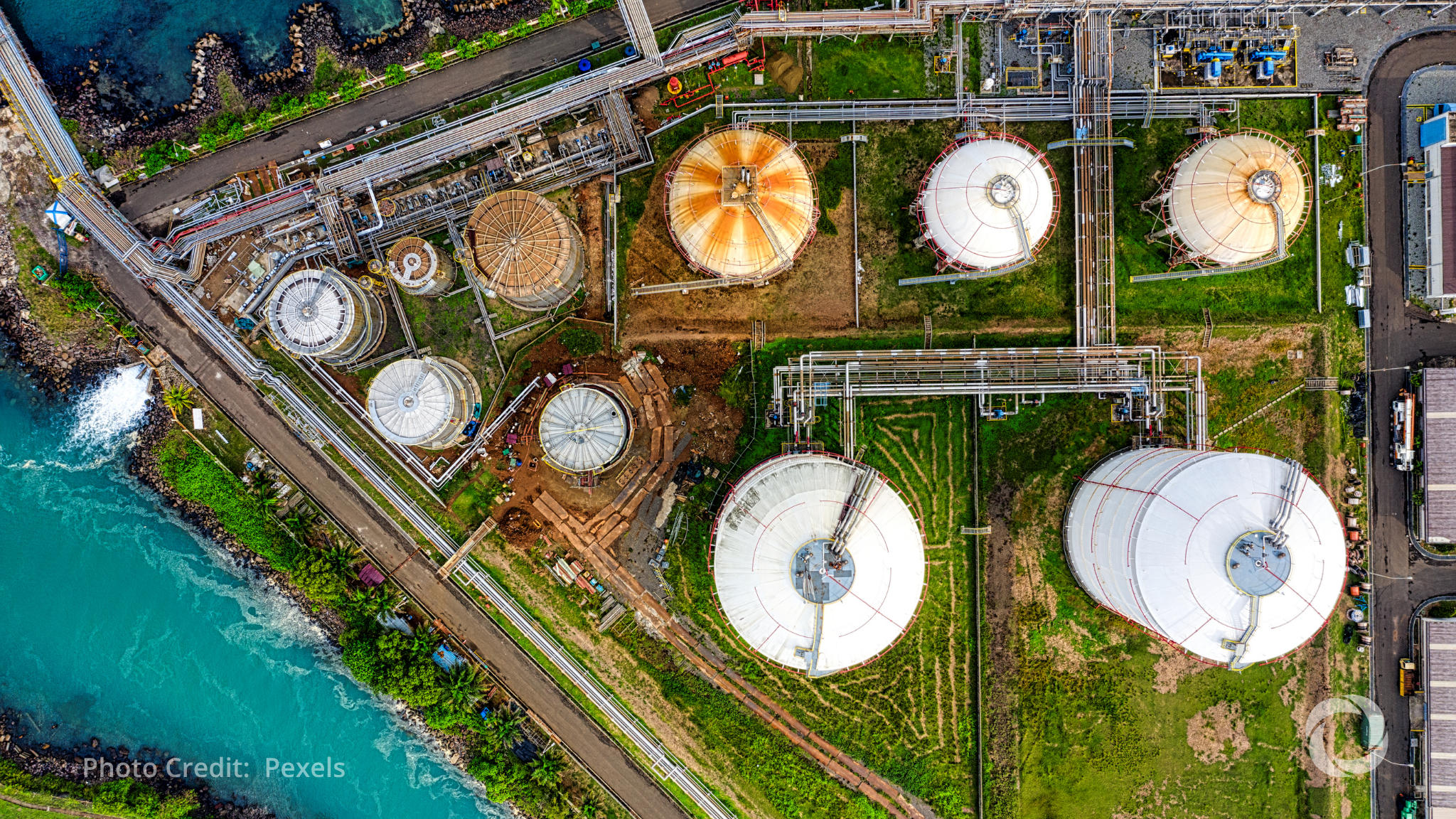The Asian Development Bank (ADB) has approved a $470 million results-based loan to Indonesia’s state electricity firm, PT Perusahaan Listrik Negara (PLN), to speed up the country’s transition toward renewable energy and low-carbon growth, according to bank release. The new initiative will help Indonesia cut emissions, strengthen its power grid, and advance its clean energy goals in line with the government’s long-term development plans.
Under the Accelerating Indonesia’s Clean Energy Transition Program – Phase 1, ADB and PLN will develop large-scale solar and wind projects, modernize grid infrastructure across Java-Madura-Bali, Sumatra, and Sulawesi, and build PLN’s institutional capacity to manage the transition. The effort is projected to avoid up to 2.5 million metric tons of CO₂ emissions each year, while contributing to the ASEAN Power Grid vision of a connected, renewable electricity market across the region.
“Supporting PLN’s renewable energy expansion is essential for Indonesia’s clean energy ambitions and regional energy security,” said Renadi Budiman, ADB’s Deputy Country Director for Indonesia. He noted that strengthening the grid will create conditions for sustainable growth and long-term energy resilience.
The program forms part of ADB’s Country Partnership Strategy for Indonesia (2025–2029), which prioritizes green, inclusive, and resilient development. Implementation will run from 2026 to 2031, combining ADB’s financing with an additional $30 million from international partners including the European Union, United Kingdom, and the ASEAN Infrastructure Fund, plus a $3 million grant from the Global Energy Alliance for People and Planet (GEAPP). The initiative is expected to leverage over $1 billion in private investment for 1,800 megawatts of utility-scale renewable energy projects.
Beyond technology and infrastructure, the program promotes gender inclusion and workforce development within PLN. It supports training, internships, and education for women in renewable energy roles, ensuring a more equitable transition. Guided by environmental and social safeguards, the program embeds climate resilience and spatial planning to make Indonesia’s energy future cleaner, stronger, and fairer.

